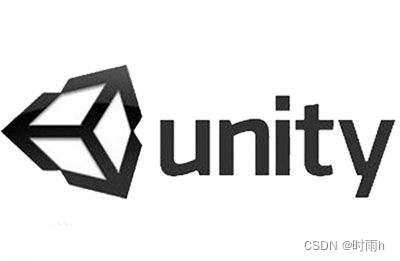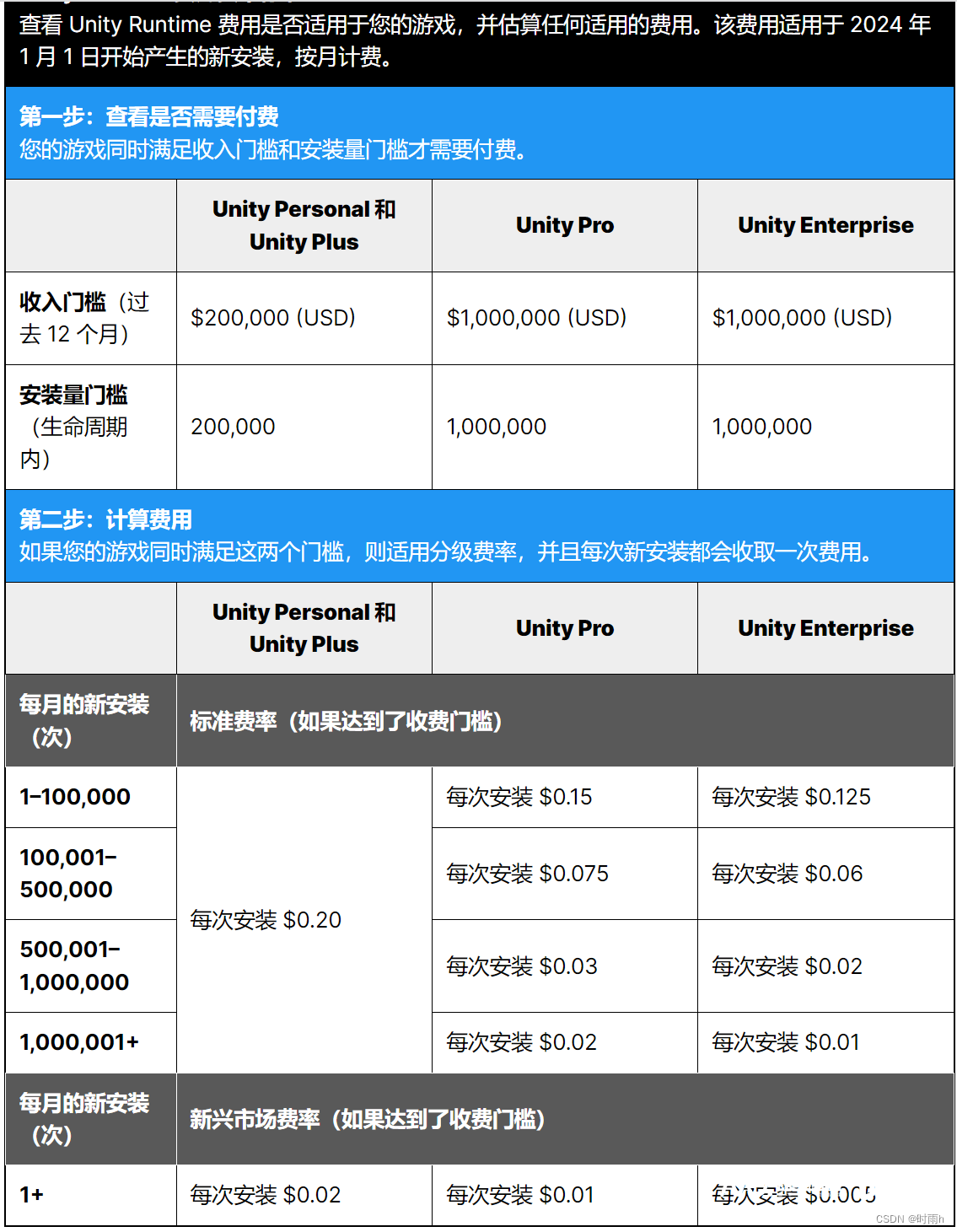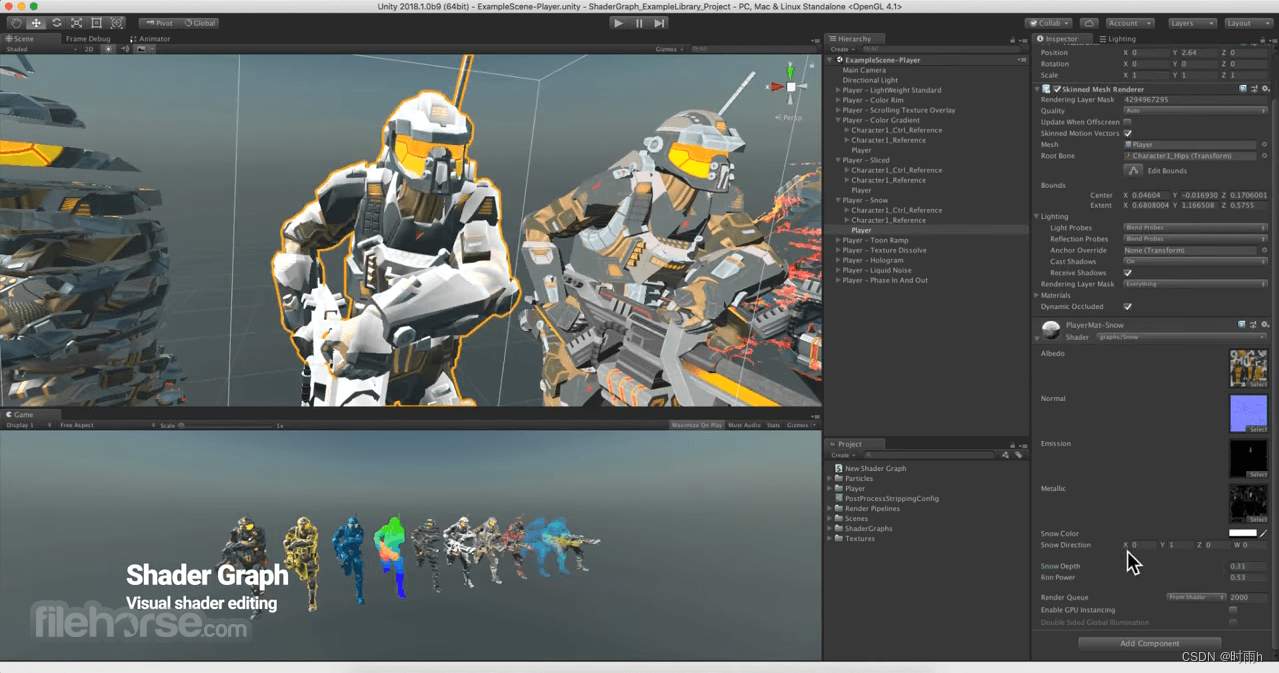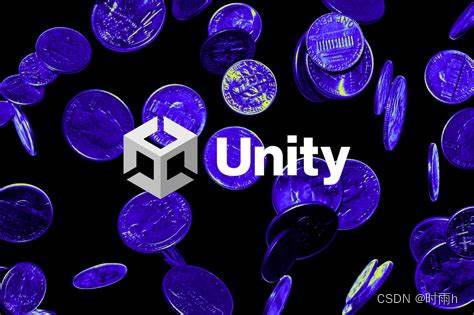
what is unity
Unity is a very popular cross-platform game engine. It is a complete set of game development tools developed and maintained by Unity Technologies that can be used to create high-quality 3D, 2D games and other interactive content.
Unity provides a powerful visual editor that allows developers to easily create game scenes, add graphics, animation, audio and physical effects, build game logic, and debug and deploy the game. Unity also supports multiple platforms, including Windows, Mac, Android, iOS, etc. Developers can use Unity for cross-platform game development.
The Unity engine is widely used in various types of game development, including mobile games, computer games, virtual reality (VR) and augmented reality (AR) applications, etc. It provides a wealth of functions and resources, including physics engine, collision detection, animation system, artificial intelligence, network functions, etc., allowing developers to quickly build creative and highly interactive games.
Unity also has a very active community and resource library, where developers can obtain tutorials, sample projects, plug-ins, etc. to assist development. This has made Unity the game development engine of choice for many independent developers, studios, and enterprises.
In addition to game development, Unity is also widely used in other fields. For example, by using Unity engine and VR technology, the medical industry can develop various virtual reality treatment, surgical simulation and medical education applications; the construction and real estate industry can use Unity to create various virtual reality house tours and space design plans, etc. ; Advertising, media, education and other industries can also use Unity to develop various interactive and dynamic display applications.
Unity features and benefits also include:
-
Powerful cross-platform support: Unity supports multiple platforms, including Windows, Mac, iOS, Android, etc., allowing developers to easily publish games to different devices and achieve cross-platform game development and deployment.
-
Visual editor: Unity provides an intuitive and easy-to-use visual editor that allows developers to create game scenes, add resources, design game logic, etc. through drag-and-drop and interactive operations without writing complex code.
-
A large number of resources and plug-ins: Unity has an extensive resource library and plug-in ecosystem. Developers can easily obtain various models, textures, sound effects and other resources, as well as various functional plug-ins and tools to speed up development progress and expand the engine's capabilities. Function.
-
Rich functional modules: Unity has many commonly used functional modules built-in, such as physics engine, collision detection, animation system, particle effects, etc. Developers can directly use these functional modules to create complex game effects without writing code from scratch. .
-
Comprehensive scripting support: Unity supports multiple scripting languages, including C#, JavaScript, etc. Developers can choose the appropriate programming language for game development based on their preferences and skills.
-
Strong community support: Unity has a large and active developer community, where developers can exchange experiences, seek help, share resources, and obtain many valuable tutorials, sample codes, and other content.

-
Flexible scalability: Unity supports plug-ins and extensions. Developers can add third-party plug-ins or self-written plug-ins according to their own needs to enhance the functionality of the engine and meet the needs of specific projects.
-
Real-time preview and iteration: Unity provides a real-time preview function. Developers can instantly view the game effects in the editor and perform rapid iteration and debugging, making the development process more efficient.
-
Connecting to cloud services: Unity integrates a cloud service platform, so developers can easily connect games to the cloud to implement multiplayer connections, rankings, analysis and other functions.
-
Support AR and VR development: Unity has good support for augmented reality (AR) and virtual reality (VR), and provides specialized development tools and functional modules so that developers can easily build AR and VR applications.
-
Rich learning resources: Unity provides a large number of learning materials, including official documents, video tutorials, training courses, etc., allowing beginners to get started quickly and improve their development skills.
-
Commercial support: Unity provides complete commercial support, including advertising, distribution, data analysis and other functions to help developers better promote and profit from games.
As a leading game engine, Unity not only has powerful functions and flexible scalability, but also provides rich learning resources and commercial support. These advantages have made Unity the engine of choice for many developers. Whether they are individual independent developers or large game studios, they can achieve high-quality, cross-platform game development through Unity.
How to view the new charging model

I'm aware of some issues and concerns about the developer community's concerns and criticisms about the new charging model. For small-scale and individual developers, they may not be able to afford ongoing payments, especially for early-release games. If it is unable to obtain at least 0.2 US dollars in revenue from each player, the operation of the game may face the risk of losses or even bankruptcy.
The new charging model has been strongly criticized by domestic and foreign developer communities, mainly because this pay-per-installation model has many loopholes. For example, how to accurately distinguish duplicate installations by the same user? How to calculate installs of multi-platform games? How are games with large install bases, such as free-to-play and browser games, billed? Is a click on a web page considered a download? Unity officially claims that they will automatically detect the number of game installations, but from a technical point of view, it is currently difficult to prevent intentional sending of installation data and detect pirated installations. Therefore, the core of billing in the new model, the installation volume, can only be decided by Unity officials and cannot be verified by the outside world. In this case, developers may have to take on unnecessary debt if the game is pirated or suffers from malicious downloads.
In addition, the issue of charging for games released in the past in the new charging model has also caused controversy. Some people think that does this mean that Unity has implanted a data reporting module without the developer's knowledge? Does this violate relevant privacy regulations? There is still controversy over these issues.

Generally speaking, the new charging model has caused controversy, mainly focusing on how to charge reasonably, how to protect user privacy, and how to provide clear regulations and reliable technical means. As a world-renowned game engine provider, Unity needs to take the criticisms and concerns of developers and players seriously, and actively take measures to resolve related issues in order to maintain a good industry ecosystem and user experience.
In addition, the new charging model may also have other negative impacts on game developers and players. For example, developers may use unfair means to increase game installations, such as piracy, false advertising, and cracking, which will damage the reputation of the entire industry and cause distress and harm to players. In addition, market competition may become more intense. Developers need to focus on game appeal and user retention, and may attract players by increasing game value, lowering prices, and providing more benefits, which may lead to further increases in game development costs. However, only a few top games can achieve high profits, and other games may have difficulty maintaining operations. At the same time, the new model may also lead to industry monopoly. If the charging based on installation volume model is recognized by the market, competitors will face greater pressure and lack sufficient user base and data assets. The above issues require cooperation from all parties to resolve.
In summary, the new charging model has raised many questions and concerns, including challenges in reasonable billing, protecting user privacy, clear regulations and reliable technical means. All parties need to work together to find a sustainable, fair and reasonable billing model to maintain the stability and sustainability of the entire gaming ecosystem. In addition, it is necessary to prevent unfair competition and other negative effects, protect the rights and interests of players and promote the healthy development of the game industry.
